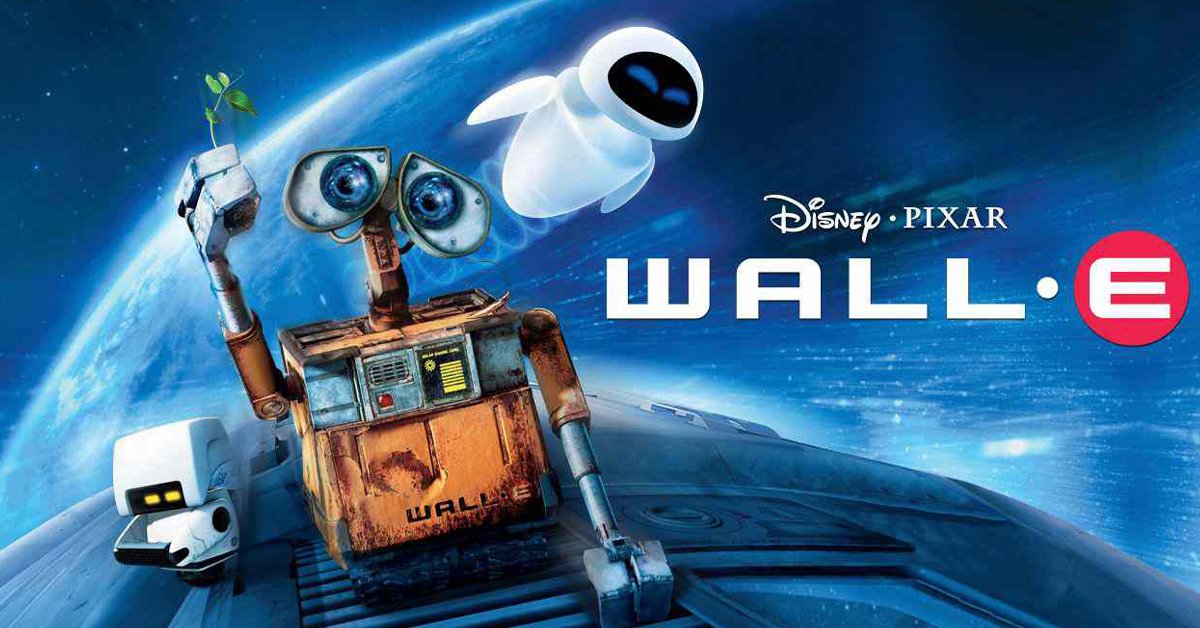"AI in Movies: Fear vs. Reward - What Our Favorite Films Say About Our Attitudes Towards AI.
The way AI is portrayed in movies reflects not only our hopes and fears about this emerging technology, but also the underlying psychological factors that drive our attitudes towards it. At the core of our response to AI is the way it interacts with two basic stimuli in the human brain: fear-based and reward-based.
Fear-Based Stimuli
Many of the films that explore the darker side of AI, such as The Terminator or Ex Machina, tap into fear-based stimuli. These films depict AI as a threat to humanity, representing a fear of the unknown and the potential for technology to spin out of control. They tap into a deep-seated fear that we may one day be overpowered or replaced by machines that we have created.
From a psychological perspective, fear-based stimuli tend to activate the amygdala, which is responsible for the processing of emotional reactions. When we encounter something that we perceive as a threat, our amygdala sends a signal to our brain to activate our fight or flight response. This response can be beneficial in certain situations, but it can also lead to an overreaction that clouds our judgment and decision-making.
Reward-Based Stimuli
On the other hand, many of the Disney movies that portray AI in a positive light, such as WALL-E or Big Hero 6, tap into reward-based stimuli. These films depict AI as helpful companions who improve our lives and make the world a better place. They tap into our desire for connection, meaning, and progress.
From a psychological perspective, reward-based stimuli tend to activate the prefrontal cortex, which is responsible for decision-making, goal-setting, and planning. When we encounter something that we perceive as a reward, our prefrontal cortex sends a signal to our brain to activate our reward system, which floods our brain with dopamine and other feel-good chemicals. This response can motivate us to pursue goals and achieve greater success.
Conclusion
In conclusion, the portrayal of AI in movies is not only a reflection of our hopes and fears about this emerging technology, but also the underlying psychological factors that drive our attitudes towards it. Films that tap into fear-based stimuli tend to activate our amygdala, which can lead to an overreaction that clouds our judgment and decision-making. Films that tap into reward-based stimuli tend to activate our prefrontal cortex, which can motivate us to pursue goals and achieve greater success. Ultimately, the way we approach AI depends on how we balance these two stimuli in our minds, and the degree to which we prioritize caution over innovation.
